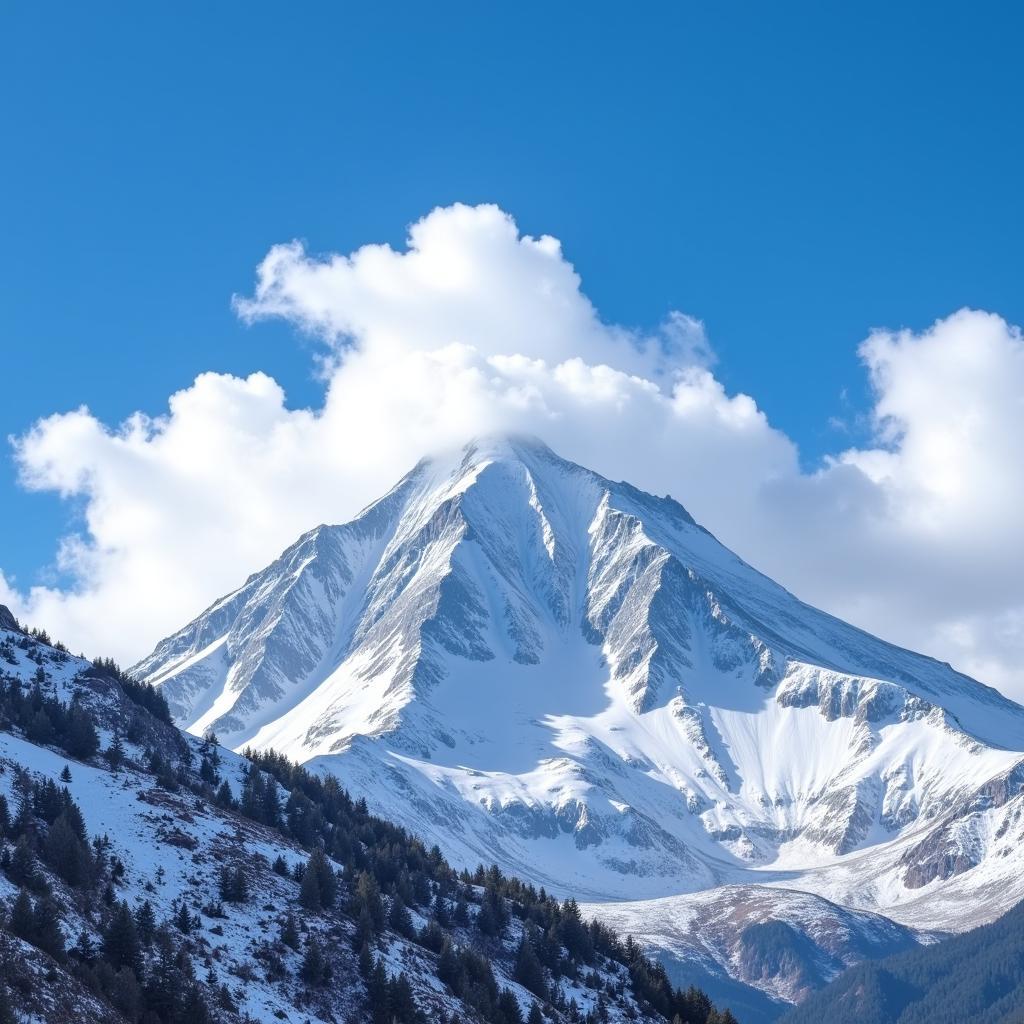10 African Countries Names: A Glimpse into the Diverse Continent
Africa, a continent brimming with rich history, vibrant cultures, and breathtaking landscapes, often piques curiosity with its diverse tapestry of nations. If you’re looking to expand your knowledge of this remarkable continent, exploring the names of just 10 African countries can offer a fascinating glimpse into its heritage and people.
Uncovering the Stories Behind 10 African Country Names
From ancient civilizations to colonial influences, the names of African countries often reflect pivotal moments in their past. Let’s delve into the origins and meanings behind 10 captivating examples:
1. Algeria
Derived from the Arabic word “al-Jazā’ir,” meaning “the islands,” Algeria’s name harks back to a time when four islands graced its coastline near Algiers, its present-day capital. These islands were later connected to the mainland, forming part of the city’s vibrant harbor.
2. Botswana
Named after its dominant ethnic group, the Tswana people, Botswana’s identity is deeply intertwined with its cultural heritage. “Botswana” translates to “Land of the Tswana,” reflecting the deep-rooted connection between the nation and its people.
3. Cameroon
When Portuguese explorers arrived at the Wouri River in the 15th century, they were struck by the abundance of prawns, leading them to name the river “Rio dos Camarões” (River of Prawns). This name eventually extended to the entire region, ultimately giving rise to “Cameroon.”
4. Egypt
The name “Egypt” echoes its ancient past, stemming from the Greek word “Aigyptos,” a transliteration of the ancient Egyptian term “Hwt-ka-Ptah,” meaning “House of the Soul of Ptah.” Ptah, the god of creation and craftsmanship, held immense significance in ancient Egyptian mythology.
5. Kenya
Inspired by Mount Kenya, the country’s namesake and the second-highest mountain in Africa, “Kenya” originates from the Kikuyu word “Kirinyaga,” meaning “place of the ostrich.” This majestic mountain, often capped with snow, holds deep cultural and spiritual value for the Kikuyu people.
 Mount Kenya Summit
Mount Kenya Summit
6. Morocco
Derived from the name of its former capital, Marrakesh, “Morocco” traces its roots to the Berber words “amur” (land) and “akush” (God). Often referred to as the “Land of the Setting Sun,” Morocco’s vibrant culture and stunning landscapes have captivated travelers for centuries.
7. Nigeria
Coined by Flora Shaw, a British journalist, in the late 19th century, “Nigeria” emerged from combining “Niger,” referring to the Niger River, with “area.” This name aptly reflects the country’s geography, as the Niger River, the third-longest in Africa, plays a vital role in its ecosystem and culture.
8. Senegal
Sharing its name with the Senegal River, which forms its northern border, “Senegal” finds its roots in the Wolof phrase “Sunugal,” meaning “our canoe.” This name highlights the river’s historical significance as a vital waterway for trade, transportation, and cultural exchange.
9. South Africa
Situated at the southern tip of the African continent, “South Africa” derives its name from its geographical location. Its straightforward name reflects the country’s position as a gateway to the wonders of Southern Africa.
10. Zimbabwe
Gaining independence as “Zimbabwe” in 1980, this Southern African nation’s name originates from the Shona words “dzimba dzemabwe,” meaning “houses of stone.” This name pays homage to the impressive stone ruins of Great Zimbabwe, a testament to the architectural prowess of the ancient Shona civilization.
Exploring Further: Beyond the 10
These 10 African countries represent just a fraction of the continent’s rich tapestry of nations, each with its own captivating story to tell. To further satisfy your curiosity, consider delving into the diverse cultures, breathtaking landscapes, and historical treasures that await discovery across this remarkable continent. You can find more information about African actresses on IMDb by following this link: african actresses imdb. If you’re interested in learning about the Central African Republic’s president, check out this link: central african republic president. For a heartwarming glimpse into the lives of 3 black african new born babies, click here.
Conclusion
Unraveling the origins of just 10 African countries’ names reveals a fascinating tapestry of history, culture, and linguistic diversity. From ancient civilizations to colonial influences, each name holds a story, offering a glimpse into the soul of the continent. As you continue your exploration of Africa, remember that these 10 names represent just the beginning of an enriching journey.
FAQs
1. What is the origin of the name “Africa”?
While the exact origin remains debated, some theories suggest “Africa” derived from the Roman term “Afri,” referring to the inhabitants of North Africa, or from the Phoenician word “afar,” meaning “dust.”
2. How many countries are there in Africa?
Africa comprises 54 recognized sovereign countries.
3. Which African country is the largest by land area?
Algeria holds the title of the largest African country by land area.
4. Which African country has the largest population?
Nigeria boasts the largest population among African countries.
5. Are there any African countries that were never colonized?
Ethiopia and Liberia stand out as African countries that successfully resisted European colonization.
Need More Information?
For additional insights into the fascinating world of African countries, explore these resources:
Need assistance or have more questions? Contact us:
- Phone: +255768904061
- Email: kaka.mag@gmail.com
- Address: Mbarali DC Mawindi, Kangaga, Tanzania
Our dedicated customer support team is available 24/7 to assist you.

